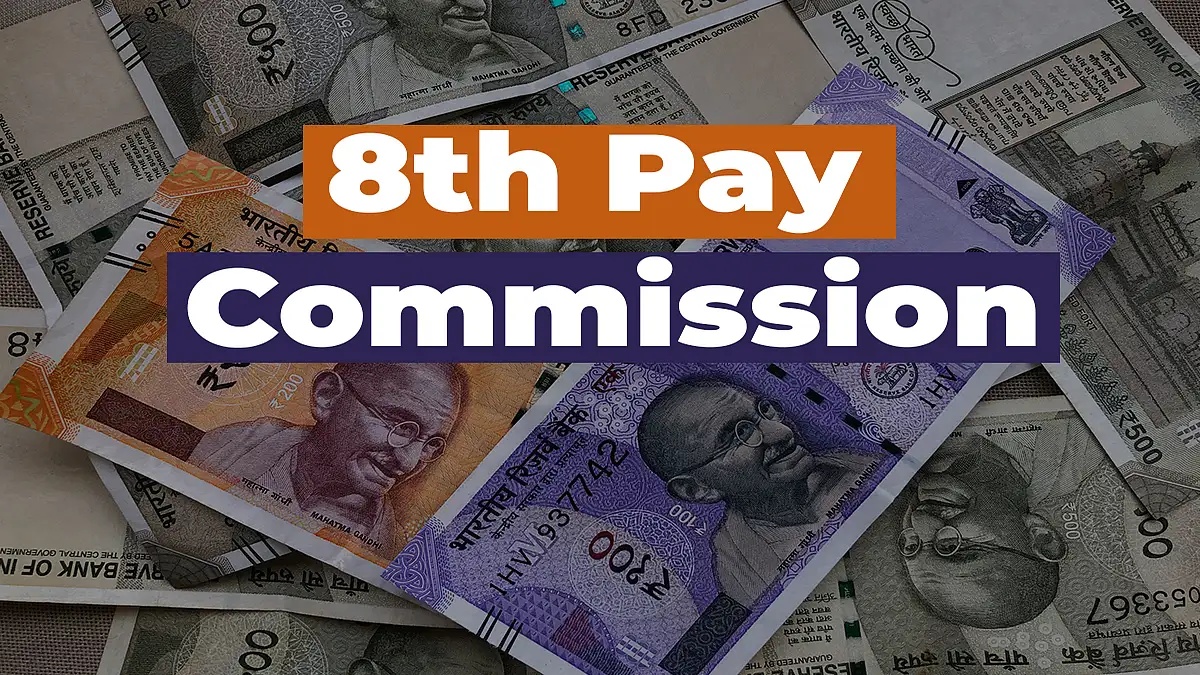
Central Government Employees Await Salary Revisions Amid 8th Pay Commission Push
The National Council-Joint Consultative Machinery (NC-JCM), representing central government employees, is actively preparing for critical discussions on potential salary revisions. The formation of the 8th Pay Commission has sparked anticipation, with the employee forum emphasizing the need for a comprehensive framework to address long-standing concerns. The Terms of Reference (ToR) for the commission, which outline the structure and objectives, are expected to be finalized by August, according to Shiv Gopal Mishra, secretary of the NC-JCM staff side. Mishra noted that while the government’s approval of the ToR remains uncertain, the dialogue between stakeholders is crucial for shaping the commission’s recommendations. This framework will guide the panel’s deliberations, which will involve consultations with various stakeholders over several months before finalizing salary adjustment mechanisms.
Key Recommendations for the 8th Pay Commission
The NC-JCM has proposed several key amendments to the ToR, aiming to address gaps in the current salary structure. One major demand is the expansion of the ‘five units’ consumption model for determining minimum wages, replacing the existing ‘three units’ approach. This shift would account for the needs of aging parents, as mandated by the Maintenance and Welfare of Parents And Senior Citizen Act 2022. Mishra highlighted that this change is both an ethical and legal obligation, reflecting the evolving social landscape. Additionally, the forum has called for the consolidation of unviable pay scales to prevent stagnation, particularly impacting the Modified Assured Career Progression Scheme. Merging levels 1-2, 3-4, and 5-6 could streamline the pay structure and enhance financial stability for employees.
Fiscal Implications and Historical Context
The potential fiscal impact of the 8th Pay Commission’s recommendations is significant. Analysts project a possible expenditure of Rs 2.4-3.2 lakh crore, compared to the Rs 1.02 lakh crore spent during the 7th Pay Commission in 2016-17. The fitment factor, which determines the multiplier for salary and pension revisions, is expected to be around 1.8, a lower figure than the 2.57 used previously. This adjustment could reflect a more balanced approach to fiscal responsibility while addressing employee concerns. The NC-JCM has also demanded the restoration of the commuted pension portion after 12 years and the incorporation of recommendations from the Parliamentary Standing Committee on pension enhancements. These proposals underscore the complex interplay between employee welfare and government fiscal constraints.
Process and Timeline for Implementation
Historically, pay commissions have taken over 18 months to finalize recommendations, with the government requiring additional time for scrutiny and approval. The NC-JCM’s role as an official body ensures that employee perspectives are integrated into the process. By seeking input on the ToR in January 2023, the government has demonstrated a commitment to collaborative decision-making. However, the timeline remains uncertain, with the final approval of the ToR critical for initiating the commission’s work. The successful resolution of these discussions will determine the trajectory of salary revisions, balancing the needs of employees with the financial realities of the central government.




